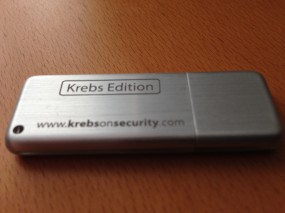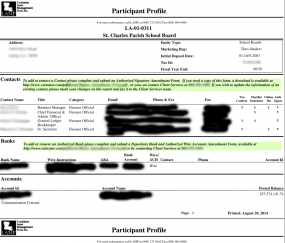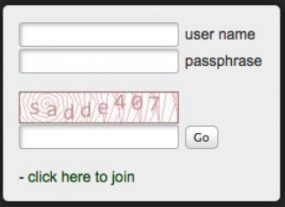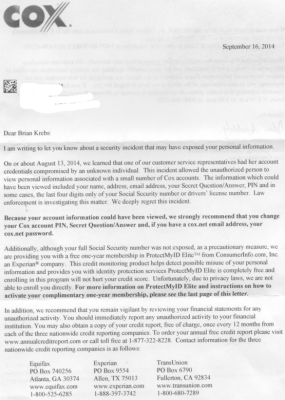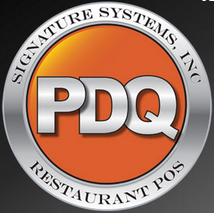As if consumers weren’t already suffering from breach fatigue: Experts warn that attackers are exploiting a critical, newly-disclosed security vulnerability present in countless networks and Web sites that rely on Unix and Linux operating systems. Experts say the flaw, dubbed “Shellshock,” is so intertwined with the modern Internet that it could prove challenging to fix, and in the short run is likely to put millions of networks and countless consumer records at risk of compromise.
The bug is being compared to the recent Heartbleed vulnerability because of its ubiquity and sheer potential for causing havoc on Internet-connected systems — particularly Web sites. Worse yet, experts say the official patch for the security hole is incomplete and could still let attackers seize control over vulnerable systems.
The problem resides with a weakness in the GNU Bourne Again Shell (Bash), the text-based, command-line utility on multiple Linux and Unix operating systems. Researchers discovered that if Bash is set up to be the default command line utility on these systems, it opens those systems up to specially crafted remote attacks via a range of network tools that rely on it to execute scripts, from telnet and secure shell (SSH) sessions to Web requests.
According to several security firms, attackers are already probing systems for the weakness, and that at least two computer worms are actively exploiting the flaw to install malware. Jaime Blasco, labs director at AlienVault, has been running a honeypot on the vulnerability since yesterday to emulate a vulnerable system.
“With the honeypot, we found several machines trying to exploit the Bash vulnerability,” Blasco said. “The majority of them are only probing to check if systems are vulnerable. On the other hand, we found two worms that are actively exploiting the vulnerability and installing a piece of malware on the system. This malware turns the systems into bots that connect to a C&C server where the attackers can send commands, and we have seen the main purpose of the bots is to perform distributed denial of service attacks.”
The vulnerability does not impact Microsoft Windows users, but there are patches available for Linux and Unix systems. In addition, Mac users are likely vulnerable, although there is no official patch for this flaw from Apple yet. I’ll update this post if we see any patches from Apple.
Update, Sept. 29 9:06 p.m. ET: Apple has released an update for this bug, available for OS X Mavericks, Mountain Lion, and Lion.
The U.S.-CERT’s advisory includes a simple command line script that Mac users can run to test for the vulnerability. To check your system from a command line, type or cut and paste this text:
env x='() { :;}; echo vulnerable' bash -c "echo this is a test"
If the system is vulnerable, the output will be:
vulnerable
this is a test
An unaffected (or patched) system will output:
bash: warning: x: ignoring function definition attempt
bash: error importing function definition for `x'
this is a test
US-CERT has a list of operating systems that are vulnerable. Red Hat and several other Linux distributions have released fixes for the bug, but according to US-CERT the patch has an issue that prevents it from fully addressing the problem. Continue reading →



